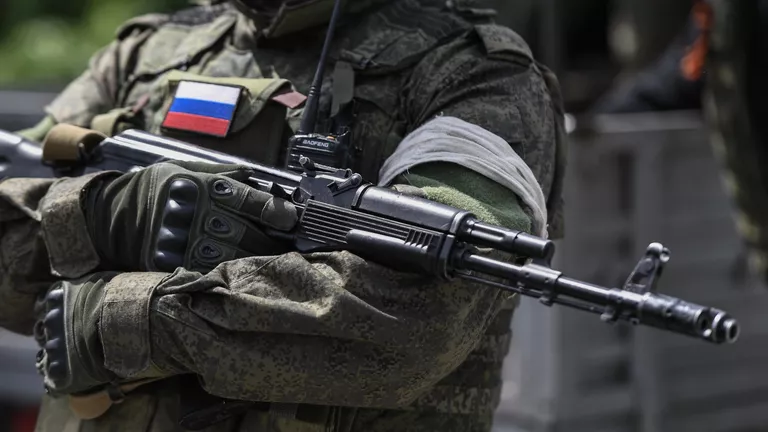The Levada Center has conducted a survey on how participation in the war in Ukraine has affected those involved and how their return to civilian life might influence public sentiment in Russia. The results reveal a complex and often contradictory perception of the war’s participants and their potential role in society.
According to the poll, 43% of respondents believe that participation in the war has made the combatants “resilient and courageous,” while 41% think it has “scarred their souls.” Every fifth respondent said the war has made them “brutal and prone to violence” (19%) or “intolerant of evil and injustice” (17%). Another 11% believe the participants have become “indifferent and cynical.”
Sociologists note that compared to a similar survey conducted in 1990 about Soviet veterans of the Afghan war, today’s Russians are more likely to emphasize the “resilience” and “courage” of veterans — but also more frequently mention “brutality” and “cynicism.” In the late 1980s, perceptions were dominated by the idea of “psychological trauma” among soldiers.
Opinions about how the return of war participants might affect the domestic situation are also divided. Forty-four percent of respondents expect an improvement in public order and social cohesion, while 39% foresee an increase in conflicts and crime. The remaining 17% were uncertain.
Belief in greater law and order was more common among older respondents (51% in the 55+ age group), Moscow residents (62%), those who believe “the country is moving in the right direction” (50%), and people who trust television as a source of news (58%). Concerns about rising tensions were more prevalent among Russians aged 25–39 (45%), residents of mid-sized cities (around 100,000 inhabitants — 45%), and those who believe the country is on “the wrong track” (57%).
According to one of the sociologists interviewed, society has yet to form a clear understanding of how the war’s participants will influence domestic life.
“Authorities at both the federal and regional levels are actively engaged in programs to support, adapt, and reintegrate combatants. However, society itself plays almost no role in this process — it is expected only to accept and endorse the state’s decisions,”
the expert noted.
He added that public attitudes toward war participants are deeply polarized: some associate them with hopes for restoring order, while others fear a surge in violence and crime. “Loyalists” and audiences of state-controlled media tend to express confidence that veterans will bring stability — especially in Moscow, where the number of participants is lower than in most other regions.
“Many people remember how some Afghan war veterans became involved in crime during the 1990s,”
the sociologist said.
“But today there’s a stronger belief in the state — that it will prevent such a scenario from repeating.”
Public anxiety has been rising in response to reports of crimes and violence committed by veterans of the war in Ukraine. Most citizens view such incidents very negatively. The collective memory of Afghan veterans’ gangs, which later formed the core of several criminal groups in the late Soviet period, still lingers.
“There is virtually no public discussion of this topic, so most Russians have not yet formed a clear position,”
the expert observed.
“In general, the public’s planning horizon is short: problems are addressed only as they arise. While the war continues, many prefer not to think about the consequences. Still, there is a lingering sense of unease — and a widespread belief that it is the state’s responsibility to deal with potential risks.”


















